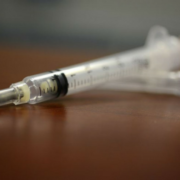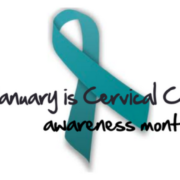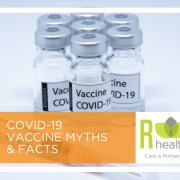Importance of Preventive Care
Preventive care is when you take consistent measures to prevent disease or detect existing health conditions before they can become a major issue. The earlier your doctor can find conditions like cancer, diabetes, or heart disease, the sooner they can start a treatment plan, meaning a better health outcome for you. Preventive care can even help prevent public health emergencies, for example getting vaccinated against the seasonal flu to prevent the spread of the infectious disease.
Not only does preventive care help keep you healthy, it can also lead to lower healthcare costs with less visits to specialists or the hospital.
Here are some examples of preventive care:
- Blood tests to check for diabetes, blood pressure and cholesterol
- Cancer screenings, like colonoscopies and mammograms
- Annual wellness visits where your primary care doctor checks all areas of health – physical and emotional
- Vaccinations against polio, measles, and meningitis
- Seasonal flu and pneumonia shots
- Regular vision and hearing screening
- Routine dental check-ups every 6 months
Talk to your R-Health doctor at your next visit to make sure you are up to date on any screenings and immunizations to keep you at your healthiest.













Leave a Reply
Want to join the discussion?Feel free to contribute!